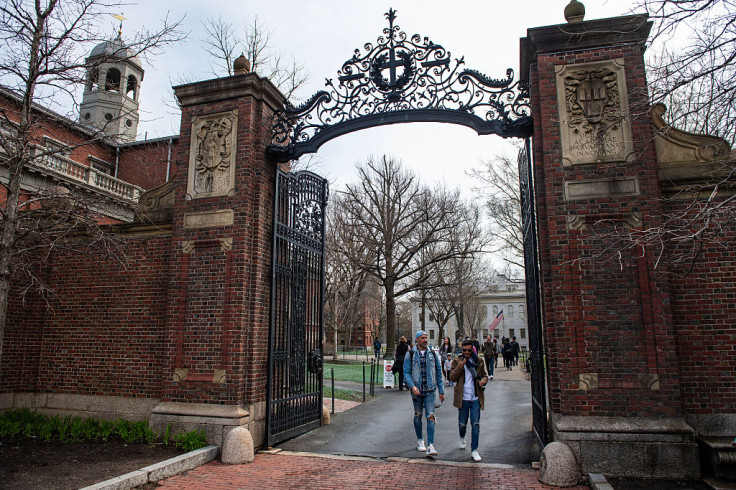
Foreign students who graduate with a U.S. college degree earn more in their jobs than those who are native born, a new study shows.
The figures were revealed in an analysis from the National Survey of College Graduates, revealing that as of 2023, workers from foreign nations earned a median salary of $115,000. This compared with an $87,000 median for native-born workers with at least a college degree. That salary gap holds firm across age groups.
That year, there were about 2.1 million year-round full-time workers in the U.S. with Bachelor's degrees who first came to the country on a student visa, the Economic Innovation Group, which conducted the research, explained.
The salary gap does not necessarily come as a surprise. According to Axios, 27% of those who came to the U.S. on a student visa are engaged in research and development work, compared with 12% of native-born workers, a sign of how critical students from outside the U.S. are to innovation.
"The story here is that people who come here on student visas are very talented and ambitious and hardworking," Connor O'Brien, research and policy analyst at Economic Innovation Group, told the outlet. "They offer skills that employers are willing to pay a premium for."
"It doesn't necessarily say anything about the skills or those qualities of native workers," he added.
The new study comes as the Trump administration attacks international students. Notably, President Trump said his administration would revoke visas for Chinese students as they seek to decrease the number of foreign students at American Universities. However, he seems to have backtracked on that idea, posting on his Truth Social site last week that Chinese International students would be welcomed in the U.S. pending a trade agreement with China.
The president said that in exchange for shipments of rare earth metals, the U.S. "will provide to China what was agreed to, including Chinese students using our colleges and universities (which has always been good with me!)," Trump posted.
Nevertheless, international students are not yet out of the woods. In another notable case, Harvard is set to head back to federal court in Boston on Monday over their ability to enroll foreign students, following Trump's proclamation preventing foreign students from entering the country, citing national security concerns.
Rather than disqualifying Harvard students from receiving visas, as other federal agencies have attempted to do, the presidential order marked the first time Trump has stepped in directly, using his executive powers to limit Harvard. His executive order says the university has failed to account for "known illegal activity" by students there.
"Admission into the United States to attend, conduct research, or teach at our Nation's institutions of higher education is a privilege granted by our Government, not a guarantee," the proclamation states.
© 2025 Latin Times. All rights reserved. Do not reproduce without permission.




